-
Content count
913 -
Joined
-
Last visited
-
Days Won
6
Posts posted by Sir Darius the Clairvoyent
-
-
-
-
Daniel, it is really not an attack on you or your faith, it is a (limited) summary of a book written by a very well respected academic.
Can we agree on a few points, like:
- judaism developed from Paganism
- divinity is often used in plural form in OT
- Yahwe is described quite antropromorphic at times
And in regards to the piece If pottery, i do not see the problem. This would be pre judaism, and it is not exactly a wealth of archelogical evidence of the religion of the levant in this period.
It is valid for you to point out that I dont understand hebrew, so much might be lost to me, but the author from Oxford has a pretty good picture of the religions of the near east in this time period.
-
I found this video interresting. Sounds very «non-dual» to me:
-
-
Apoligies, I know this is a little lazy, but I come from Europe and know basically nothing about this philosophy (is it a philosophy?).
Would anyone mind giving me a quick insight of the essence of it?
-
I am not familiar with buddhism, so i can not comment on how factual this creator is, but i do love his content and I think he does great job. Hope you might find it enlightening and entertaining as well:
-
This is an edited post i made on another forum, but i belive i can make it relevant.
I listened to a podcast about one of nietzches lectures on pre-platonic philosophy. The reason he used this term, instead of the more common pre-socratic, was that before Plato, philosophy was not yet a dicipline. It was a bunch of unique «searchers/explorers/seekers of knowledge,» presenting their own view of the world, and not like later philosophy, often described as «a bunch of fotnotes to Plato.»
This i found very interresting, because it led me to think that true and valuable understanding comes from one true self, not social programming or books. It is more about forgetting then learning.
Everyones fav pre-platonic philosopher, Heraclites, encaptures this well. His emphasis on Logos, witch to me seem almost identical to the Dao, for one thing. His idea of fire as the fundemental element, symbolizing the unity of all and how everything is in constant flux.
Funny thing is he lived in the 6th century bc (i belive),somewhat around the time of the historical Buddha. I am way to ignorant on eastern philosophy, but these qoutes from heraklit seem pretty «oriental» to me:
Heraclitus, a pre-Socratic Greek philosopher, is known for his cryptic and profound aphorisms. His work survives only in fragments, quoted by later authors. Some of his most famous quotes include:
"QuotePanta rhei" (Everything flows)**
"No man ever steps in the same river twice, for it's not the same river and he's not the same man."**:
"The path up and down is one and the same."
"You cannot step twice into the same stream."
"War is the father of all and king of all."
The only constant is change.»
"Nature loves to hide."
And then we have the famous inscriprition from Delphi: Know thyself
The two following texts i have shared probally 2-3 times before, so forgive me:
Hymn to Zeus, Cleanthes ca. 200bcSpoilerTranslated by Stephen Hanselman
Most honored of immortals, many-named one, ever omnipotent,
Zeus, prime mover of nature, steering all things by your law,
Greetings! For it is proper for all mortals to speak to you:
For we all descend from you, bearing our share of your likeness
We alone, of all mortal creatures that live and move on earth.
So, I shall make song of you constantly and sing forever of your might.
Truly, this whole universe, spinning around the earth,
Obeys you wherever you lead, and willingly submits to your rule;
Such is the servant you hold in your unconquerable hands,
A double-edged, fiery, ever-living thunderbolt.
For by its strikes all the works of nature happen.
By it you direct the universal reason, which pervades all things
Intermixing with the great and small lights of the heavens.
Because of this you are the greatest, the highest ruler of all.
Not a single thing that is done on earth happens without you, God,
Nor in the divine heavenly sphere nor in the sea,
Except for what bad people do in their foolishness.
But you know how to make the crooked straight
And to bring order to the disorderly; even the unloved is loved by you.
For you have so joined all things into one, the good and the bad,
That they all share in a single unified everlasting reason.
It is shirked and avoided by all the wicked among mortals,
The wretched, who ever long for the getting of good things,
Neither see nor hear God’s universal law,
By which, obeying with understanding, they could share in the good life.
But instead they chase after this and that, far from the good,
Some in their aggressive zeal for fame,
Others with a disordered obsession with profits,
Still others in indulgence and the pleasurable exertions of the body.
[They desire the good] but are carried off here and there,
All the while in zealous pursuit of completely different outcomes.
But bountiful Zeus, shrouded in dark clouds and ruling the thunder,
Protect human beings from their ruinous ignorance;
Scatter it from our souls, grant that we might obtain
True judgment on which you rely to steer all things with justice;
So that having won honor, we may honor you in return,
Constantly singing of your works, as it is proper
For mortals to do. For neither mortals nor gods have any greater privilege
Than to make everlasting song of the universal law in justice.
Chapter •Three Metamorphoses,• from Thusspoke Zarathustra, Nietzche
SpoilerThree Metamorphoses
THREE metamorphoses of the spirit do I designate to you: how the spirit becometh a camel, the camel a lion, and the lion at last a child.
Many heavy things are there for the spirit, the strong load-bearing spirit in which reverence dwelleth: for the heavy and the heaviest longeth its strength.
What is heavy? so asketh the load-bearing spirit; then kneeleth it down like the camel, and wanteth to be well laden.
What is the heaviest thing, ye heroes? asketh the load-bearing spirit, that I may take it upon me and rejoice in my strength.
Is it not this: To humiliate oneself in order to mortify one's pride? To exhibit one's folly in order to mock at one's wisdom?
Or is it this: To desert our cause when it celebrateth its triumph? To ascend high mountains to tempt the tempter?
Or is it this: To feed on the acorns and grass of knowledge, and for the sake of truth to suffer hunger of soul?
Or is it this: To be sick and dismiss comforters, and make friends of the deaf, who never hear thy requests?
Or is it this: To go into foul water when it is the water of truth, and not disclaim cold frogs and hot toads?
Or is it this: To love those who despise us, and give one's hand to the phantom when it is going to frighten us?
All these heaviest things the load-bearing spirit taketh upon itself: and like the camel, which, when laden, hasteneth into the wilderness, so hasteneth the spirit into its wilderness.
But in the loneliest wilderness happeneth the second metamorphosis: here the spirit becometh a lion; freedom will it capture, and lordship in its own wilderness.
Its last Lord it here seeketh: hostile will it be to him, and to its last God; for victory will it struggle with the great dragon.
What is the great dragon which the spirit is no longer inclined to call Lord and God? "Thou-shalt," is the great dragon called. But the spirit of the lion saith, "I will."
"Thou-shalt," lieth in its path, sparkling with gold- a scale-covered beast; and on every scale glittereth golden, "Thou shalt!"
The values of a thousand years glitter on those scales, and thus speaketh the mightiest of all dragons: "All the values of things- glitter on me.
All values have already been created, and all created values- do I represent. Verily, there shall be no 'I will' any more. Thus speaketh the dragon.
My brethren, wherefore is there need of the lion in the spirit? Why sufficeth not the beast of burden, which renounceth and is reverent?
To create new values- that, even the lion cannot yet accomplish: but to create itself freedom for new creating- that can the might of the lion do.
To create itself freedom, and give a holy Nay even unto duty: for that, my brethren, there is need of the lion.
To assume the ride to new values- that is the most formidable assumption for a load-bearing and reverent spirit. Verily, unto such a spirit it is preying, and the work of a beast of prey.
As its holiest, it once loved "Thou-shalt": now is it forced to find illusion and arbitrariness even in the holiest things, that it may capture freedom from its love: the lion is needed for this capture.
But tell me, my brethren, what the child can do, which even the lion could not do? Why hath the preying lion still to become a child?
Innocence is the child, and forgetfulness, a new beginning, a game, a self-rolling wheel, a first movement, a holy Yea.
Aye, for the game of creating, my brethren, there is needed a holy Yea unto life: its own will, willeth now the spirit; his own world winneth the world's outcast.
Three metamorphoses of the spirit have I designated to you: how the spirit became a camel, the camel a lion, and the lion at last a child.Thus spake Zarathustra. And at that time he abode in the town which is called The Pied Cow. -
On 15.11.2023 at 11:15 PM, NaturaNaturans said:l call it jul (think it is derived from hjul, meaning wheel)
I must correct myself here, the etymologi of yule is:
Certainly! Here's the translation of the previous answer regarding the etymology of "jul":
"The word 'jul' has a fascinating etymological history that traces back to ancient traditions and languages. The Swedish word for Christmas, 'jul,' originates from the Old Norse word 'jól,' which refers to the midwinter season. 'Jól,' in turn, has its roots in the Proto-Germanic '*jehwlą', meaning 'festivities' in plural, and even further back to the Proto-Indo-European '*yekə-', meaning to joke or play. These terms reflect the historical and cultural significance of Christmas as a time for celebration and festivities.
The ancient Nordic tradition of celebrating 'jól' was centered around the winter solstice, long before the arrival of Christianity in Scandinavia. These celebrations were characterized by sacrificial meals and grand feasts, also linked to the Norse god Odin. Although modern Christmas has Christian elements, like the celebration of the birth of Jesus, many of the ancient customs continue to influence Nordic Christmas celebrations.
For more detailed information, you can visit [Wiktionary](https://en.wiktionary.org/wiki/jul), [Transparent Blog](https://blogs.transparent.com/swedish/swedish-jul-a-christian-tradition-with-pagan-roots/), and [Etymologeek](https://etymologeek.com/swe/jul)."
(ChatGPT)
BUT, i did find some fun facts about the tradition and Odin being Linked to Santa:
Odin, a central figure in Norse mythology, has an intriguing connection to Christmas and the ancient celebration of the Winter Solstice known as Yule. Odin was regarded as a gift-giver and associated with many aspects of the Yule celebration. According to tradition, he rode his eight-legged horse, Sleipnir, across the sky, leaving gifts for those who had been good throughout the year. This is seen as an early inspiration for the modern Santa Claus.
Yule was also a time for renewal and rebirth. The Winter Solstice marked the darkest day of the year, and after this, the sun began its journey back toward the earth, symbolizing a rebirth of the land. This theme of renewal and new beginnings was celebrated by the Vikings.
The celebration of Yule also included Yule trees and the use of evergreen decorations, which held symbolic value in Norse mythology. The Yule tree was seen as a representation of Yggdrasil, the world tree connecting the various realms in the Norse universe. The use of Yule trees and other evergreen decorations became popular during Winter Solstice celebrations and continued into modern Christmas festivities.
The importance of gift-giving during Christmas has also been linked to the Three Wise Men's gifts to baby Jesus, although the connection between these two traditions is primarily circumstantial. However, the gift-giving tradition during the Winter Solstice has retained its significance in the holiday.
In addition to Odin, other Norse gods like Frigg and Thor were also associated with Yule. For instance, a central aspect of the Yule celebration, the Yule log, was often lit with a piece of wood from Thor's sacred oak tree, symbolizing...
For more detailed information on these traditions, you might consider exploring sources related to Norse mythology and the history of Christmas traditions.
(also chatgpt)
-
On 15.11.2023 at 11:31 PM, Nungali said:Prawns , cold chicken, ham, leg o pork , rice salad , pudding ... that should be good enough . We still give gifts , being in the southern hemisphere doesnt impact on that . Alcohol ? Did I say , in Australia . I would not worry about missing out on alcohol down here , any time of year !
as for your last lament ;
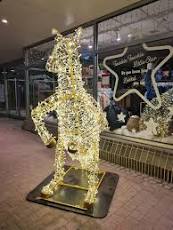
poor ken-guru got destroyed recently in the artic circle

-
41 minutes ago, Taoist Texts said:so the dictionary says that ethics morality virtue are one and the same thing. but westerners make up a distinction between them denying morality. it is because by now in the west words have no meaning in general. its called post-modernism. a more specific reason to deny morality is its extinction in the west. "we dont judge over here. ok?"
Well, i disagree. It is not judgemental, but more practical, as you say, but it differs from common conceptions in that there is no «dont mastrubate because god says so.»
edit: and more importantly it does not goes against nature, but embraces it.
-
 1
1
-
-
53 minutes ago, old3bob said:Btw, if we except that Om is real and not just a concept then in way Buddhists (led by their gurus, lamas, scripture, etc.) are chanting to "God" all the time with their major mantras! Thus it can be said that Om or Aum is not just the idea of "old man in the sky lording it over on everything" but as a fundamental, undeniable force, including the silence of Om before its all pervading roar which can be followed either way - back to or out from said Silence.
Like concepts of «all-nature» or «cosmic law»? Makes perfect sense to me, i even think it is undeniable. Trying to quiet the mind or meditate on a higher power does as well.
-
On the cosmic/natural law:
and the hymn to Zeus:
https://dailystoic.com/cleanthespoem/
Quote«Observe always that everything is the result of a change, and get used to thinking that there is nothing Nature loves so well as to change existing forms and to make new ones like them.»
« all men die, but not all men die complaining
Quotemeditations, aurelius
-
On 20.11.2023 at 8:47 AM, Sanity Check said:1. Moral relativism. Atheists reject the concept of the world having a natural order of good and evil. Atheists claim morality is subjective with objective morality being impossible to know.
But even with the existence of god, what makes gods sense of morality objective? Does he even have a sense of morality? The people who claim to have divinley inspired scriptures about gods morality, differs wildley
-
3 hours ago, MBZ said:Look up Paul Wallis 🙏🏻
Sure. He is an author i see, anything you would like to reccomend?
searched him up on YouTube, and started this:
havent finished, but the point that Yahwe and NT God is not the same? Yes i would agree.
-
In her book by that very name, Francesca Stavrakopoulu argues that the biblical God is very much a flesh and blood human, some sort of a king-priest.
Gen 18:1-2 is a good example:
QuoteThe Lord appeared to Abraham near the great trees of Mamre while he was sitting at the entrance to his tent in the heat of the day.2 Abraham looked up and saw three menstanding nearby. When he saw them, he hurried from the entrance of his tent to meet them and bowed low to the ground.
Or Gen 1:26-27, showing that either God is man like or man is God like:
QuoteThen God said, ‘Let Us make man in Our image, according to Our likeness’
Even more direct:
«a likeness with the appearance of a man” (Ezekiel 1:26).
Later on, editors and translates would clean up the language, making (what she claims is) straight forward physical descriptions sounds more like metaphors. «Walking with God» for example, means in her opinion, exactly what it says.
Yahwe would, according to her, would be one of many in the region, and each time a city or people fell or got conquered their god would be «dethroned.»I am no expert, and i will not do her book, or the bible, any justice. She covers body part by body part in her book.
800bc, Sinai, Kuntillet Ajrud
Belived to depict Yahwe, his staff and wife, the godess Ashera.
https://www.amazon.com/God-Anatomy-Francesca-Stavrakopoulou/dp/0525520457
-
 1
1
-
-
1 minute ago, Daniel said:If that's the filter you're using, then facts are irrelevant.
That was based on the excerpt exclusivley. But that religions have been used as a tool for controll is not a revolutionary concept, is it?
-
30 minutes ago, Zhongyongdaoist said:The following is from a site called Vridar and is a part of a response by Russell Gmirkin to a review of his book Plato and Creation of the Hebrew Bible, published by Routledge Taylor & Francis:
Thank you, very interresting. It makes me wonder… that it kind of looks like a conciouss hoax/social engineering and a tool for control. What do you think?
-
On 28.11.2023 at 2:47 AM, Daniel said:I think it has evolutionary advantage.
But Daniel, how can i tell myself something i dont allready know?
-
-
10 hours ago, steve said:*pic of IQ84" of Murakami
I love that author. I think he has an amazing ability to create an immersive world.
Me myself, am now reading meditations (Aurelius), and am planning on rereading "Steppenwolf" (Hesse) and "the alchemist" (coehlo). Came to think about it, I might want to read Siddharta as well (also by Hesse). In addition to that, I ordered a version of the poetic Eddas (Norse poetry about gods, heroes, creation, and proverbs among other things).
-
 1
1
-
-
I agree, it is fine. It is the case for all religions and myths, and they can still carry great depth and value. But think about it. Judaism didnt evolve in a vacuum. The region was dominated by Persia and hellenistic kingdoms for centuries before and while the torah was put together. Monotheism predates judaism. Greek philosophy was dominant in the eastern mediteranian. Genesis and the flood myth dates back to sumeria. Why are you so opposed to judaism being influenced by other traditions? No culture exists in a vacuum.
The people who became jews where ones polytheistic. If your argument is that they werent yet jews because of that, then i can accept that argument.
-
 1
1
-
-
Do you belive in «the chosen people»? Do you think judaism is special? If so, how?
-
@Daniel nothing personal, but i wonder, do you belive everything in jewish scripture is historically correct?
-
 1
1
-

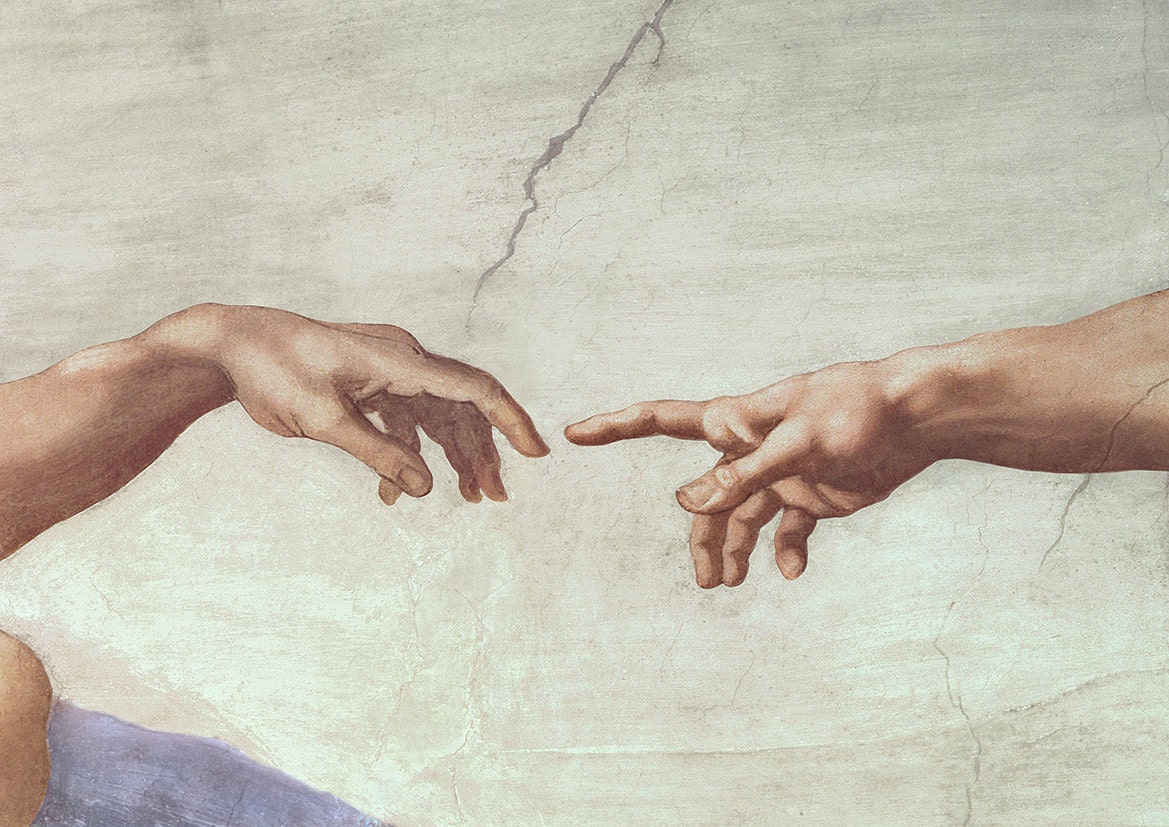
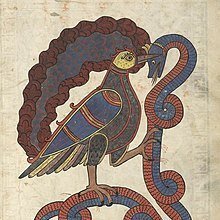
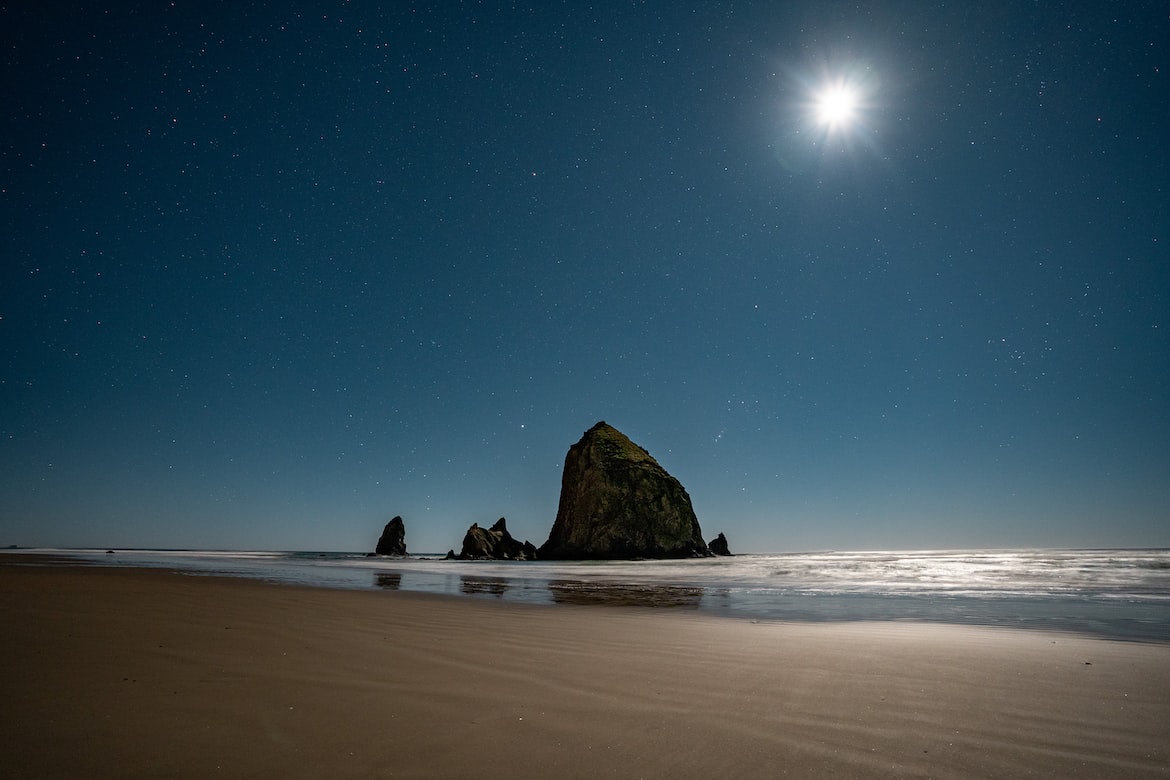
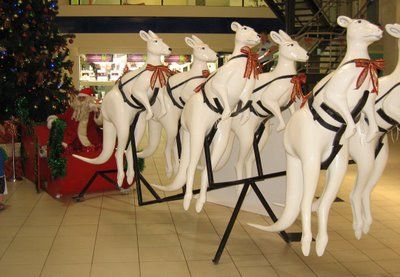
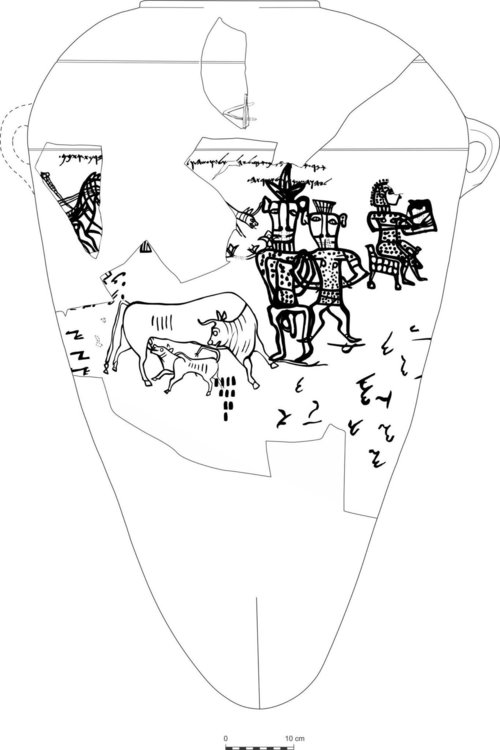
Could anyone introduce me to the basics of daoism?
in Daoist Discussion
Posted
Yessir, it was very helpfull hearing it described with more western terminology. I will def check the link out with time.